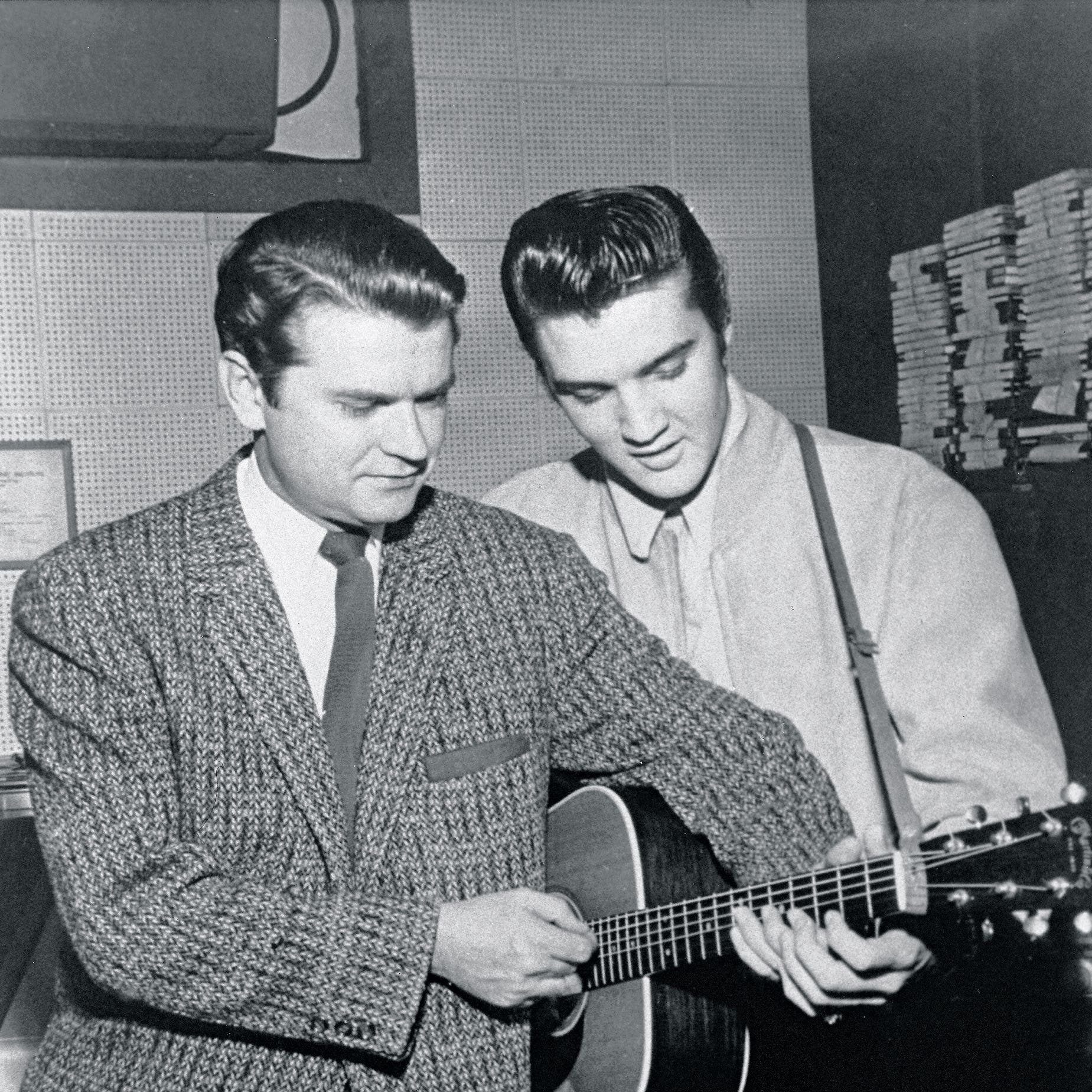Jazz and blues are both influential and beloved genres that emerged from African American traditions in the early 20th century. Jazz is all about spontaneity, improvisation, and innovation, while blues is more raw, emotional, and visceral. Jazz is often associated with coolness, sophistication, and intellectualism, while blues is associated with authenticity, honesty, and soulfulness. Jazz features a wide range of instruments and often emphasizes swing, while blues is typically centered around the guitar and uses call-and-response structures and “blue notes.” Both genres have evolved over time, but both continue to inspire and captivate audiences with their power and soulfulness.
Jazz vs. Blues: Which Genre Has the Most Soul?
Music fans have long debated the merits of jazz and blues, two of the most influential and beloved genres in history. Both emerged in the early 20th century, drawing on African American musical traditions and incorporating elements of gospel, R&B, and other styles. But which one has more soul? Here, we’ll explore the similarities and differences between jazz and blues, and examine what makes each genre so special.
The Roots of Jazz and Blues
Jazz and blues have their roots in African American culture, particularly in the southern United States. They originated in the context of slavery and segregation, and were created as forms of expression and communication in spite of these oppressive conditions. Jazz emerged in cities like New Orleans, Chicago, and New York in the early 1900s, while blues developed in the rural Delta region of Mississippi around the same time.
Jazz
At its core, jazz is all about spontaneity, improvisation, and innovation. It’s a genre that constantly evolves, with musicians adding their own unique interpretations and styles to a rich history of influences. Jazz is characterized by complex harmonies, syncopated rhythms, and virtuosic soloing. The genre is often associated with coolness, sophistication, and intellectualism.
Blues
Blues, on the other hand, is more raw, emotional, and visceral. It’s a genre that speaks to the human condition, telling stories of heartbreak, struggle, and triumph. Blues is characterized by simple, repetitive chord progressions, soulful vocals, and expressive guitar playing. The genre is often associated with authenticity, honesty, and soulfulness.
Instruments and Performance Styles
While both jazz and blues share many commonalities, they are also distinct in terms of instrumentation and performance styles. Here’s a closer look at each genre:
Jazz Instruments and Performance Styles
Jazz typically features a wide range of instruments, including brass, woodwinds, drums, bass, and piano. Musicians in jazz bands often take turns improvising solos, weaving intricate melodies and harmonies together in real time. Jazz is also known for its emphasis on swing, a rhythmic pattern that creates a feeling of movement and momentum.
Blues Instruments and Performance Styles
Blues is typically centered around the guitar, with vocals and harmonicas often taking center stage as well. Blues songs are often structured in a call-and-response format, with the singer and guitarist trading off lines and melodies. Blues is also known for its use of “blue notes,” which add a distinctive emotional quality to the music.
The Evolution of Jazz and Blues
As with all musical genres, both jazz and blues have evolved over time, incorporating new influences and trends while remaining true to their musical roots. Here are some key moments in the evolution of jazz and blues:
Jazz Evolution
Jazz has gone through many iterations over the decades, from swing and bebop to fusion and beyond. Some of the most influential figures in jazz history include Louis Armstrong, Duke Ellington, Charlie Parker, Miles Davis, and John Coltrane. Today, jazz remains an active and vibrant genre, with musicians all over the world continuing to push its boundaries.
Blues Evolution
Blues has also undergone changes over time, with electric guitars and amplifiers becoming standard in the 1950s and ’60s. Some of the most iconic blues musicians of all time include B.B. King, Muddy Waters, Robert Johnson, and Buddy Guy. Today, blues is still a popular and respected genre, with artists like Gary Clark Jr. and Taj Mahal carrying on the tradition.
Conclusion: Which Genre Has the Most Soul?
So, which genre has the most soul: jazz or blues? The answer, of course, is subjective and depends on one’s personal preferences. However, what’s clear is that both genres have left an indelible mark on the history of music, inspiring countless musicians and listeners alike with their passion, creativity, and artistry. Whether you’re a fan of jazz, blues, or both, there’s no denying the power and soulfulness of these incredible genres.
